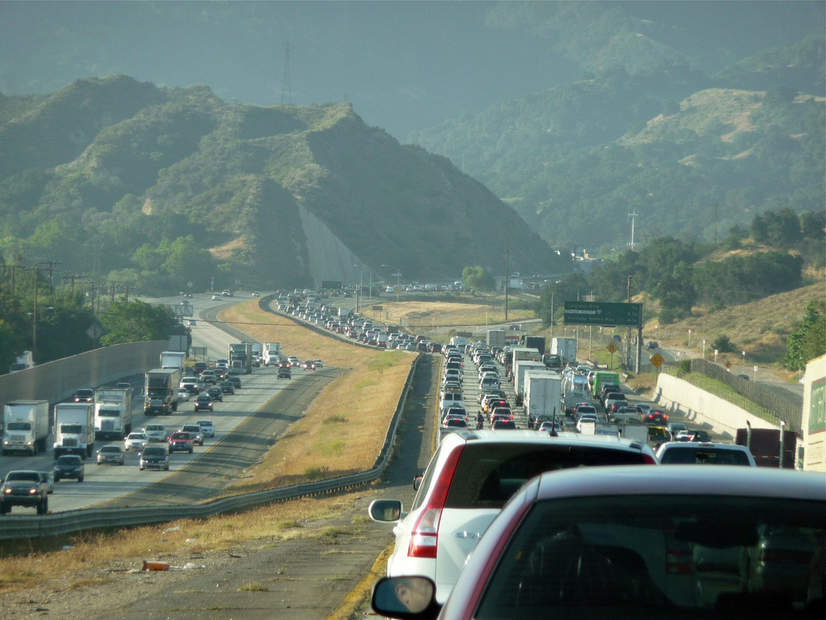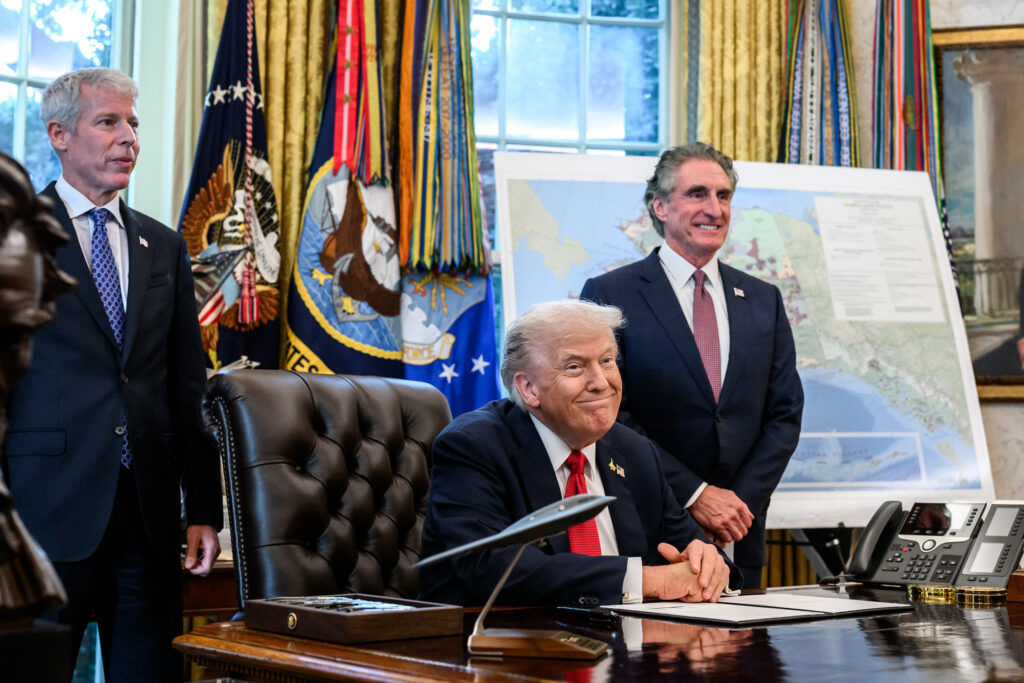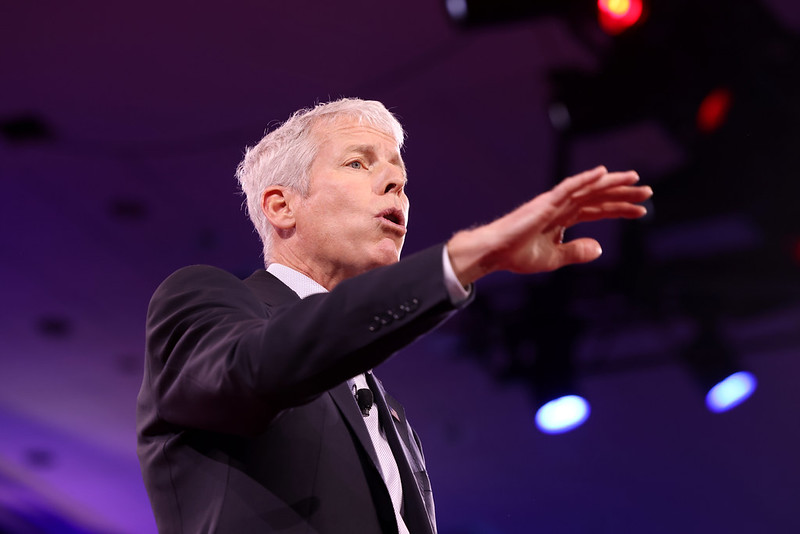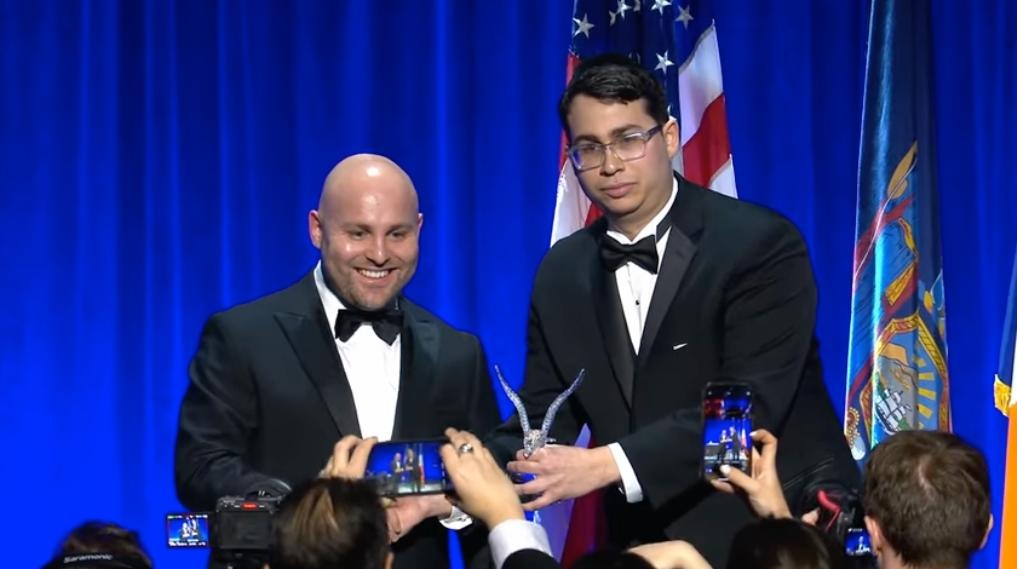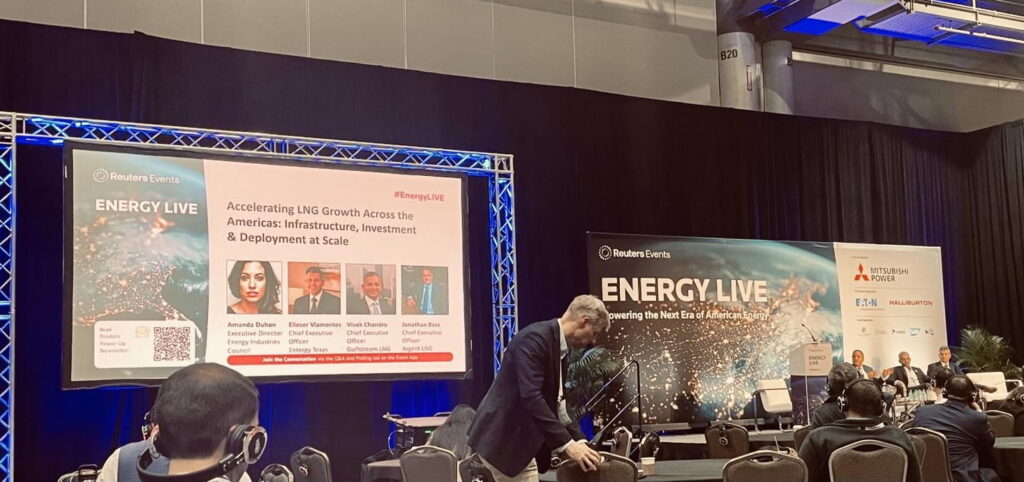The Trump administration will announce plans this week to revoke California’s authority to regulate greenhouse gas emissions for automobiles, according to inside sources quoted by Bloomberg.
This directly contradicts comments made by the Environmental Protection Agency’s (EPA’s) air chief, William Wehrum, who said in January that the agency had “no interest whatsoever in withdrawing CA‘s authority to regulate.”
The Trump administration’s proposal would also, according to Bloomberg, “cap federal fuel economy requirements at the 2020 level, which under federal law must be at least a 35-mile-per-gallon fleet average, rather than letting them rise to roughly 50 mpg by 2025 as envisioned in the plan” currently on the books, which President Obama had negotiated with the auto industry and the state of California.
The proposed plan would thus break from decades of precedent guaranteeing California’s right under the Clean Air Act to set its own air pollution standards, and disregards the auto industry’s own arguments for preserving strong fuel economy and emissions standards.
California’s Clean Air Act Waiver Prevents Emissions Standard Rollbacks…For Now
Under the Clean Air Act of 1970, California has the right to request a waiver from the EPA to allow state air regulators to set tailpipe emissions standards independent of federal regulations. If the proposed standards are “at least as protective of public health and welfare” as the EPA’s, the agency’s administrator is compelled by the Clean Air Act to grant the waiver.
In 2009, the EPA granted such a waiver for greenhouse gas emissions from automobiles, though California never set its own tougher standards because it immediately agreed to the unified “One National Program” of emissions and fuel economy standards with the EPA and the Department of Transportation.
So, under the current regulatory regime, California’s waiver is redundant. But if the Trump administration moves to lower the federal standards for greenhouse gas emissions from cars and light duty trucks, California’s waiver would allow the state’s air resources board (CARB) preserve the current, stronger standards.
Other states are also allowed under the Clean Air Act to sign onto California’s standards (they’re often called “177 states,” after the section in the Clean Air Act that grants them this right), and currently 14 states plus the District of Columbia have done so, together representing more than one-third of the country’s auto market. Last month, Colorado became the latest state to formally adopt California’s standards, in a move that was seen as directly defiant of the EPA’s threats to roll back emissions standards.
The prospect of multiple regulatory regimes is unpalatable for automakers, who would then have to decide whether to set up two different production lines for states following the California standards and the rest of the country, or whether to treat California’s targets as a de facto national standard. In May, Mitch Bainwol, head of the Alliance of Automobile Manufacturers (or Auto Alliance), the main domestic trade group of car companies, warned Congress of a “regulatory nightmare” if the federal standards and California’s were not aligned.
To preserve one national standard, the administration could either keep the plan that’s in place, forge another grand bargain between automakers, EPA, DOT, and the state of California, or the EPA would have to strip California of its waiver.
In the history of the Clean Air Act, a waiver that has previously been granted to California has never been revoked. If acting administrator Andrew Wheeler does attempt to revoke the waiver, it would almost certainly bring about years of litigation from California and the rest of the “177 states,” and subsequently bring about years of regulatory uncertainty.
Koch Allies Take on California’s Waiver
If the administration does indeed go after California’s waiver, it will be fulfilling the wishes of a a number of conservative organizations, many with close ties to the Koch brothers and Koch Industries. In April, the American Consumer Institute (ACI) organized a letter to then EPA administrator Scott Pruitt calling “for the revocation of California’s waiver from the Clean Air Act, which allows the state to decouple from federal policy and impose strict emission standards on automobiles.”
Eight of the eleven groups that signed the ACI letter have clear financial or organizational ties to the Koch network, including the Taxpayers Protection Alliance (TPA), FreedomWorks, the Competitive Enterprise Institute (CEI), and Americans for Tax Reform.
In May, three former members of President Trump’s transition teams — all of whom work or worked with Koch-funded and Koch-founded organizations—sent the president another letter, which also argued for the EPA to withdraw California’s legislated right to set its own tailpipe emissions standards.
As DeSmog reported at the time, that “letter was signed by Tom Pyle of the Institute for Energy Research (IER), Myron Ebell of the Competitive Enterprise Institute, and Shirley Ybarra, a former fellow at the Reason Foundation. All three organizations have close Koch ties, and Pyle was himself a lobbyist for Koch Industries, the petrochemical empire privately owned by billionaire brothers Charles and David Koch.”
Trump’s Auto Rollback Plan Ignores Automaker and Industry Parts Suppliers
The Trump administration’s plan, as reported by Bloomberg, disregards the arguments and wishes of the auto industry, which has in recent months rallied to support more stringent emissions standards, while asking for minor adjustments to the current regulations to accommodate some “flexibilities” in meeting the standards.
In March, Bill Ford, chairman of Ford Motor Company, wrote that his company was “not asking for a rollback,” a sentiment he reaffirmed in a May shareholder meeting. Honda, likewise, urged the administration to provide some flexible mechanisms for compliance, “without a reduction in overall stringency.”
Meanwhile, automotive parts suppliers have maintained a consistent position that strong CAFE and emissions standards are good for business, good for the economy, and good for American competitiveness.
A group of parts and equipment manufacturers joined forces in March to form the Automotive Technology Leadership Group, with a goal of advocating for continuing current fuel economy standards and reducing emissions.
“We … believe it is in the nation’s best interest for the U.S. to continue leading in the development and manufacture of the cleanest and most efficient vehicles in the world,” the Leadership Group wrote in its “Statement of Principles.” “The innovation brought on by competition and our national performance standards has created hundreds of thousands of jobs in this country and significant market opportunities for U.S. companies abroad,”
The BlueGreen Alliance has calculated that the industry as a whole has record high employment and that parts suppliers benefit greatly from ambitious fuel economy standards. Figures from Environmental Defense Fund echo the sentiment, revealing record sales, profitability, and job growth during the very same period that the current clean car standards have been in place.
The Trump administration’s proposal, expected to be announced publicly later this week, will immediately implode the regulatory certainty that the auto industry relies on for planning, profitability, and growth. The proposal will be opened up for public comment before it is finalized, though states will not wait to launch legal challenges.
In May, seventeen states and the District of Columbia sued the EPA to preserve the Obama-era standards. That suit, which has yet to be argued before federal courts, will likely be updated to reflect the administration’s now-official plans to halt the increase in fuel efficiency and emissions standards and to revoke California’s special waiver. California’s attorney general and regulators have been outspoken in their intent to defend the state’s right to regulate greenhouse gas emissions from personal vehicles, and a lengthy legal battle now seems all but certain.
Main image: Los Angeles traffic. Credit: Jeff Turner, CC BY 2.0
Subscribe to our newsletter
Stay up to date with DeSmog news and alerts


